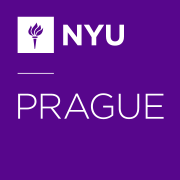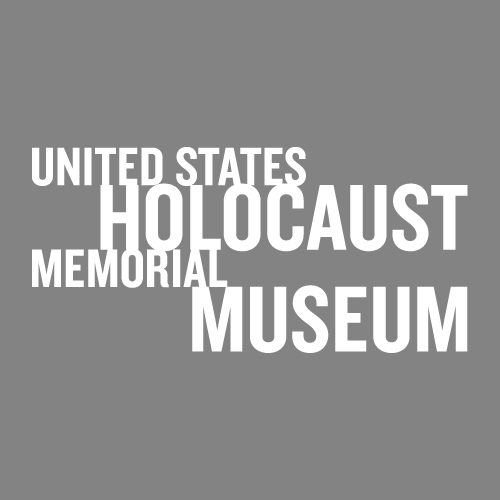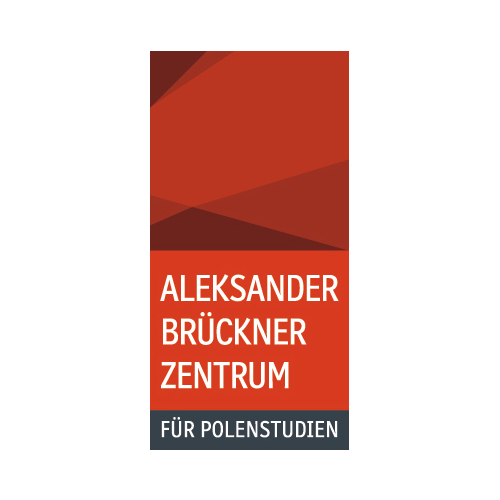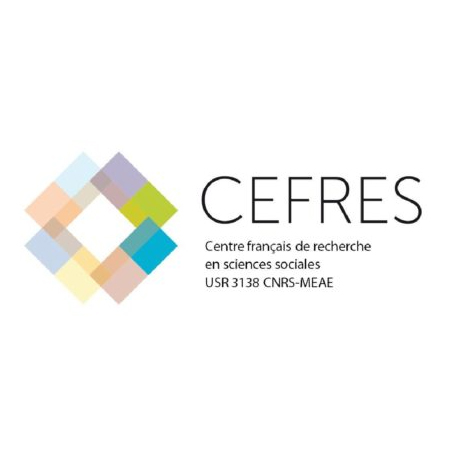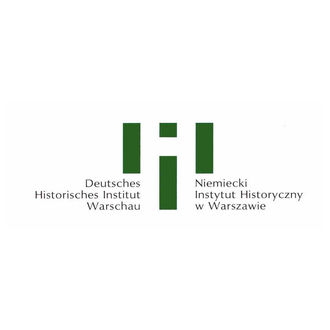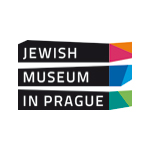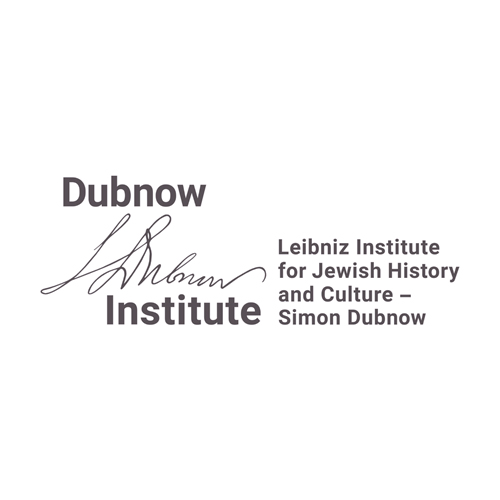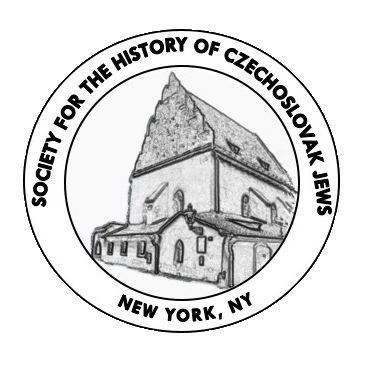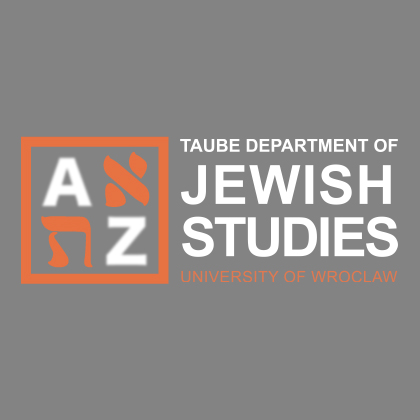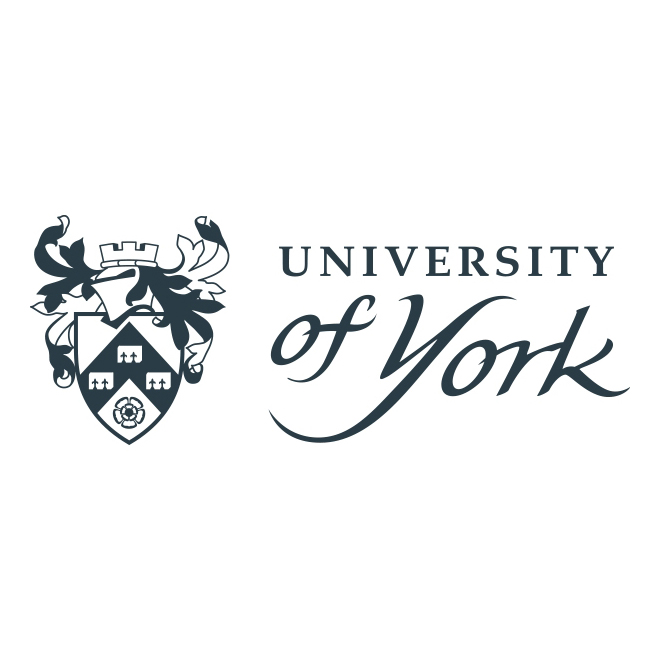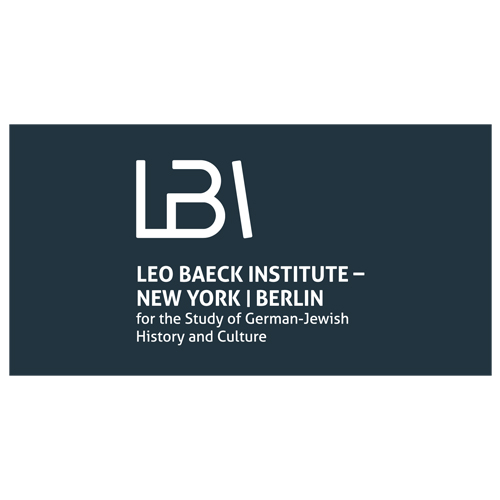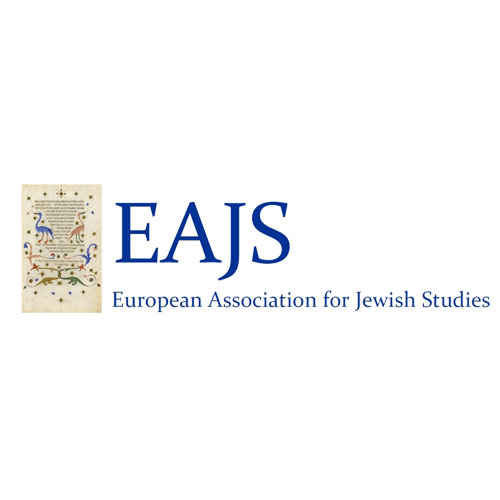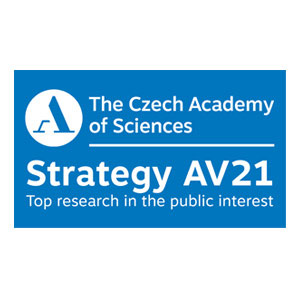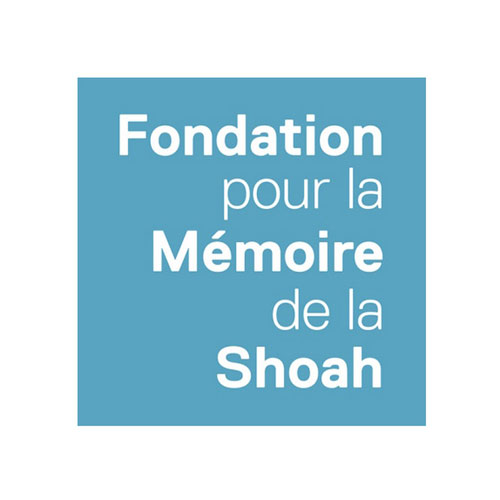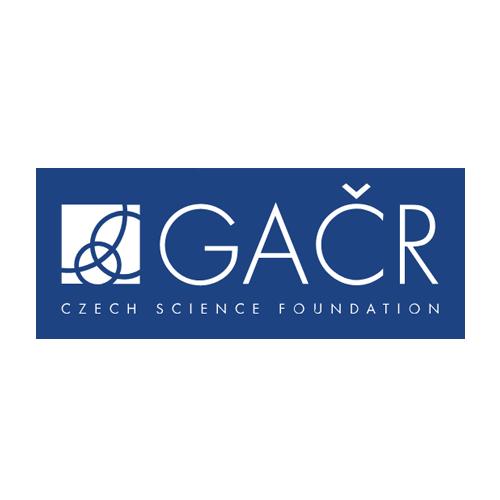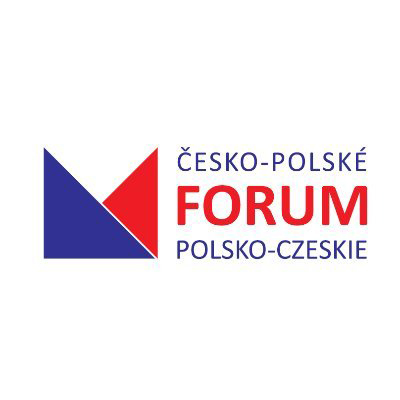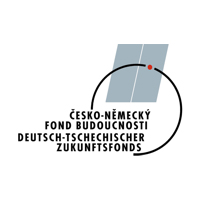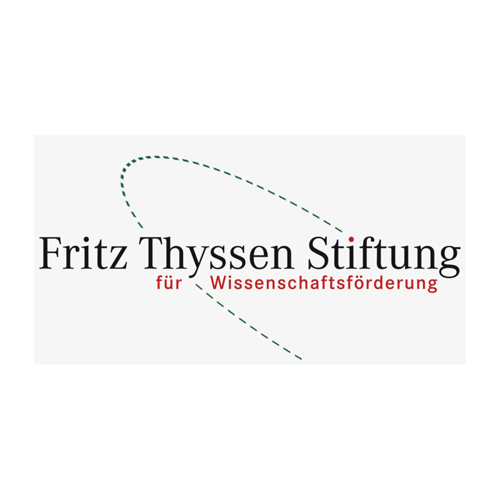Jewish Initiative and Agency under Communism
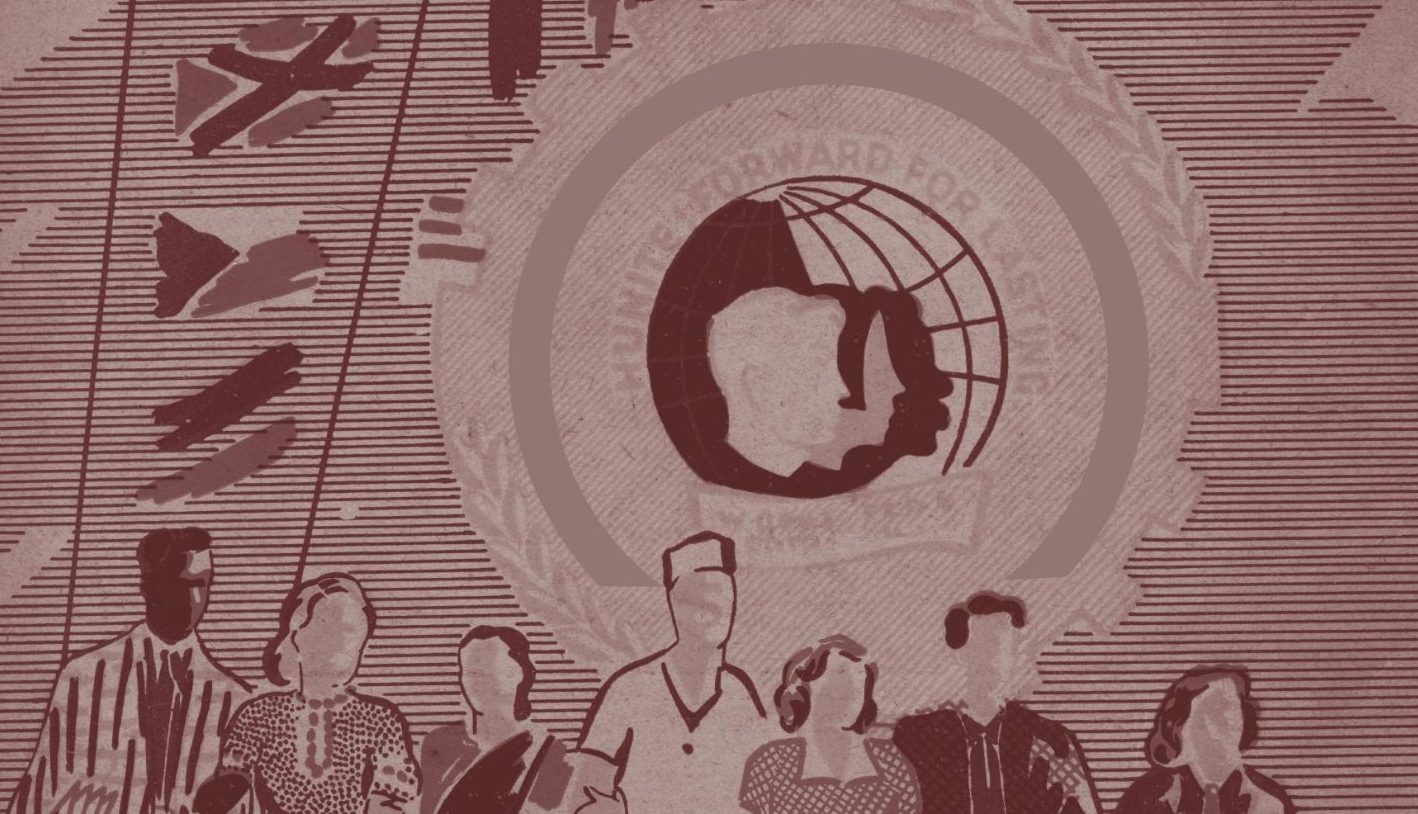
An International Conference at the University of Wroclaw, 28 – 30 June 2022
About Programme Location / Accom.
Organizers: Kateřina Čapková, Semion Goldin, Kamil Kijek
Throughout most of the twentieth century in the Soviet Union and from 1945 in east central European “people’s democracies,” citizens, including Jews, were objects of arbitrary policies of the Communist states. The authoritarian model severely restricted political subjectivity, initiative or agency on the part of its citizens. It is thus not surprising that decades of historical research on the Jews under Communist regimes saw the Jews first and foremost as victims of the policies of Communist states and their various institutions.
The last two decades of research on Jews in the Soviet Union has altered this paradigm. New historical, sociological, anthropological and literary research has revealed various important instances where forms of resistance or innovative reactions by individual Jews or Jewish institutions to “Jewish policies” of the State produced unintended effects. Much research on this topic is still required with regard to the different parts of the USSR, and even more work remains to be done on other countries of the Soviet bloc. The goal of the conference is to bring together scholars who are working on projects with related questions and perspectives, to assist and encourage them in this work.
The conference organizers, inviting scholars of Jewish history and the arts under Communism, welcome papers covering a wide range of aspects of Jewish life, including everyday experience, the arts (literature, theater, film, architecture, music), and autobiography. We are asking all the participants to prepare papers focused on Jewish agency, subjectivity, or Jewish contributions to the transformation of Communist societies and, with the aim of helping to answer one or more of the following questions.
Were there initiatives of Jewish individuals or institutions which enabled the re-negotiation of the relationship between the state administration and the Jewish population, despite the restricted legal setting, imposed on the Jews and the society as the whole? Where can we find niches of Jewish freedom, even if limited, under Communism? Should research on agency under Communism include inquiries into Jewish participation in the security, intelligence and other such institutions of the Communist states? If so, how should we approach the problem? What was the meaning of the Holocaust experience and Holocaust memory for Jewish subjectivity and agency under these Communist regimes?
What are the prime examples and nature of mutual influences between the Jews and their wider social, political (ideology and praxis) or cultural surroundings in the Communist period? What were transnational/trans-border relations both among Jewish communities in various Communist states and with communities from the other side of the “Iron Curtain”?
Can we identify elements of continuity from the pre-Communist period in Jewish activities, social and cultural patterns of behavior, or reactions toward the communist reality? What elements of Jewish tradition were still relevant in the new realities of Communist rule and which were suppressed or re-negotiated?
What has the impact been of the “global turn” in contemporary history writing for research on Jewish history under Communism? How can research on Jewish agency under Communism help to integrate Jewish history with the histories of other east European communities of the same period?
We invite papers related to particular Communist countries, comparative research among them, and specific case studies, local histories, and biographical research.
The aim of the conference is to provide a forum for well-informed discussion of the topics outlined here and to set new directions in the study of Jewish history and culture under Communism. Depending on the results of the conference, we plan to publish the articles based on the conference papers in a special issue of an international academic journal or as an edited English-language volume.
A joint conference of:
Leonid Nevzlin Research Center for Russian and Eastern European Jewry, The Hebrew University of Jerusalem
Jewish Studies Department, University of Wroclaw
“Polin“ Museum, Warsaw
Institute of Contemporary History, Czech Academy of Sciences
Tuesday, 28 June:
16:00 – Registration
16:30 – Opening of the conference
17:00-19:00 – The first keynote panel:
Chair: David Engel (New York University)
Dariusz Stola (Institute of Political Studies Polish Academy of Science):
Social capital, external homeland, failed dreams: what made Jewish emigration from communist Poland
Anna Shternshis (University of Toronto):
Black Years Revisited: Oral History of Soviet Jews Remembering 1948-1953
Wednesday, 29 June:
9:30-11:15 Panel I:
Chair: Marcin Wodziński (University of Wroclaw)
Karolina Szymaniak (University of Wroclaw):
A Canon for a/the Jewish Future? Rachel Auerbach’s Reimagining the Jewish Literary Canon in the Late 1940s
Gennadiy Estraikh (New York University):
Ilya Ehrenburg: An Inadvertent Guru to the Jews in Post-Stalinist Soviet Society
Yaroslav Hrytsak (Ukrainian Catholic University):
’Guys from Banderstadt’: Ukrainian-Jewish-Russian-Argentinian Rock Scene in the Late Soviet Lviv
11:30-13:15- Panel II:
Chair: Semion Goldin (Hebrew University of Jerusalem)
Kamil Kijek (University of Wroclaw):
From ‚Autonomy‘ Towards Subjectivity, from Holocaust Aftermath Towards Jewish History in Post-Holocaust Poland. The Case of the Jewish Community of Dzierżoniów, 1945-1950
Kateřina Čapková (Institute of Contemporary History Czech Academy of Science):
Oranges from Israel. Jewish Agency through the Ties to Israel during the anti-Zionist years in Czechoslovakia
Yechiel Weizman (Bar Ilan University):
Imagined Power, Real Agency. Polish Jews and the fate of the Jewish Heritage Sites in Communist Poland.
15:00-16:10 Panel III:
Chair: Kamil Kijek (University of Wroclaw)
Anna Koch (University of Leeds):
Fighting for “the annihilation of racial ideology”: Jewish communists’ discussion of racism and anti-Jewish persecution in the emerging East German State
Łukasz Bertram (Institute of Political Studies Polish Academy of Science):
Agency in the Back Rows. An Obscured Experience of the Political Activists of Jewish Background in Poland, 1944–1956
16:30-18:30: The second keynote panel
Chair: Dariusz Stola (Institute of Political Studies Polish Academy of Science Warsaw)
Juliane Fürst (Leibniz Center for Contemporary History Potsdam):
The Jewish Non-Jewish Activists: Dissidents, Artists and Hippies
David Engel (New York University):
Jews, Communism, and the Problem of Security
Thursday, 30 June:
09:30-11:00 Panel IV:
Chair: Katarzyna Liszka (University of Wroclaw)
Katarzyna Person (Jewish Historical Institute Warsaw):
“I am ready to take this journey”. Jewish agency and crossing the Iron Curtain in search for justice in the immediate postwar world.
Arkadi Zeltser (Yad Vashem):
Between Past and Present: Holocaust Memory among Soviet Jews in the 1960s
11:30-13:00 Concluding panel and summary of the conference
Chair: Semion Goldin (Hebrew University of Jerusalem)
Discussants:
Eli Lederhandler (Hebrew University of Jerusalem)
Kateřina Čapková (Institute of Contemporary History Czech Academy of Science)
The conference is organized with the financial support of the Leonid Nevzlin Research Center for Russian and Eastern European Jewry of the Hebrew University of Jerusalem, Polin Museum of the History of Polish Jews, the Taube Department of Jewish Studies and Faculty of Letters of the University of Wroclaw, and the Institute of Contemporary History, Czech Academy of Sciences.
University of Wroclaw









